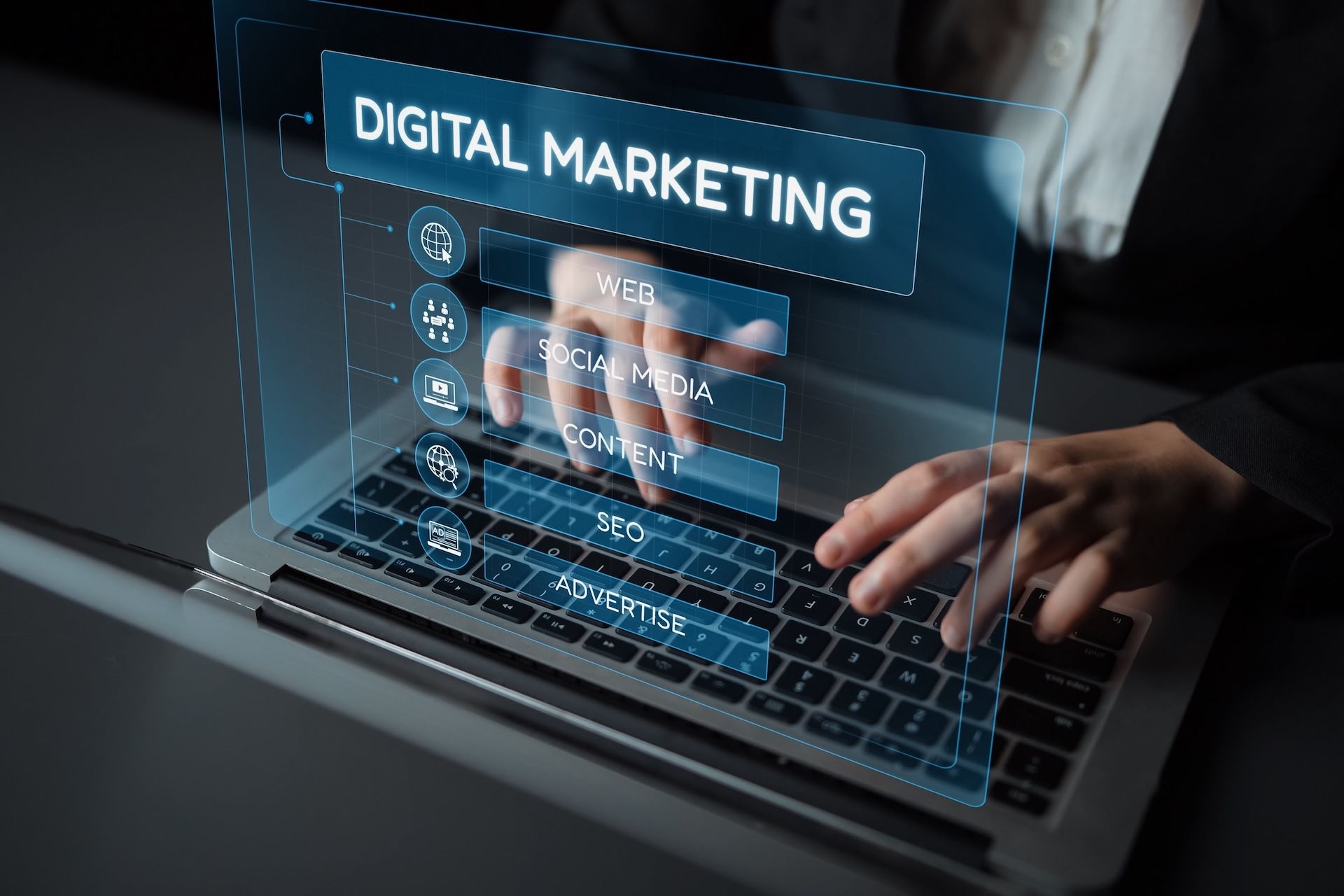Small, Medium, or Large: How Business Size Impacts Growth

When starting or growing a business, one of the key questions entrepreneurs ask is: does business size matter? Should you aim to build a small, medium, or large company? The answer depends on various factors, including industry, target audience, resources, and long-term goals. Each business size has its own advantages and challenges.
In this guide, we will explore the impact of business size, its pros and cons, and how companies of all sizes can thrive in today’s competitive market.
What Defines Small, Medium, and Large Businesses?
Before discussing whether size matters, let’s define what small, medium, and large businesses typically look like.
- Small Businesses: Usually have fewer than 100 employees and generate lower revenue compared to larger companies. These businesses include local shops, small agencies, and online startups.
- Medium Businesses: Generally have between 100 and 500 employees. They have more structured operations than small businesses but are still flexible and adaptable.
- Large Businesses: These are corporations with over 500 employees and millions (or billions) in revenue. They often have a global presence and large market influence.
Advantages and Challenges of Small Businesses
Advantages of Small Businesses
- Flexibility and Adaptability: Small businesses can quickly pivot when market trends shift. Since they have fewer decision-makers, they can make changes faster than large corporations.
- Stronger Customer Relationships: Small businesses often have a personal connection with their customers. This builds trust and loyalty, which can be a strong competitive advantage.
- Lower Operating Costs: Running a small business generally costs less than managing a large company. With fewer employees and smaller overhead expenses, owners can invest more in product development or marketing.
- Niche Market Focus: Small businesses can specialize in specific industries and provide unique, personalized services that larger businesses might overlook.
Challenges of Small Businesses
- Limited Resources: Small businesses may struggle with funding, staffing, and access to advanced technology compared to larger companies.
- Market Competition: Competing with bigger brands that have established customer bases and large marketing budgets can be difficult.
- Scalability Issues: Growing a small business requires careful planning and investment. If not managed properly, rapid growth can lead to operational struggles.
Advantages and Challenges of Medium-Sized Businesses
Advantages of Medium Businesses
- Balanced Structure and Flexibility: Medium businesses have more resources than small companies but still maintain some level of flexibility in decision-making.
- Stronger Brand Recognition: With a more significant customer base and marketing budget, medium businesses can build a recognizable brand that attracts new customers.
- Improved Operational Efficiency: Medium-sized businesses have more structured processes, making them more efficient than smaller businesses.
- Better Access to Capital: These businesses often qualify for more funding options, including business loans and investor opportunities.
Challenges of Medium Businesses
- Increased Competition from Large Companies: While medium businesses may outperform small companies, they often face strong competition from larger corporations.
- Growing Pains: As businesses transition from small to medium size, they must manage increased responsibilities, including regulatory requirements, HR management, and financial planning.
- Maintaining Company Culture: Expanding operations can sometimes lead to a loss of company culture. It becomes challenging to maintain the close-knit environment that small businesses often have.
Advantages and Challenges of Large Businesses
Advantages of Large Businesses
- Market Domination: Large businesses have strong brand recognition, allowing them to dominate their industries and attract more customers.
- Financial Stability: With higher revenue streams, large businesses have better financial security and can invest in research, marketing, and global expansion.
- Advanced Technology and Innovation: Large companies have access to cutting-edge technology, enabling them to improve efficiency and stay ahead of competitors.
- Stronger Partnerships: Large businesses can form strategic partnerships with other industry leaders, further expanding their reach and market influence.
Challenges of Large Businesses
- Slower Decision-Making: Bureaucratic processes can slow down decision-making. Unlike small businesses, large corporations require multiple approvals before implementing changes.
- High Operational Costs: Managing thousands of employees, maintaining offices, and handling large-scale logistics can be expensive.
- Difficulty in Personalizing Customer Experience: Large businesses often struggle to provide a personalized experience to customers due to their vast customer base.
Does Business Size Matter?
The size of a business matters, but it’s not the only factor that determines success. What’s more important is how well a business adapts to challenges, manages resources, and meets customer needs.
Here’s a closer look at different scenarios:
- For Entrepreneurs and Startups: Starting small allows for more control, lower risk, and the ability to build a strong foundation before scaling up.
- For Growing Businesses: Medium-sized businesses need to balance expansion with efficiency, ensuring they don’t lose the flexibility that made them successful.
- For Established Companies: Large businesses should focus on innovation, customer satisfaction, and improving operational efficiency to remain competitive
How Digital Marketing Helps Businesses of All Sizes
Regardless of size, every business needs an effective marketing strategy. Digital marketing plays a crucial role in helping businesses grow, reach new customers, and stay competitive.
Small Businesses and Digital Marketing
Small businesses can use social media marketing, SEO, and content marketing to increase visibility without spending large amounts on advertising.
Medium Businesses and Digital Marketing
Medium-sized businesses can leverage digital marketing to improve brand awareness, attract leads, and convert them into loyal customers.
Large Businesses and Digital Marketing
Large corporations use advanced digital marketing strategies, such as AI-driven analytics, paid advertising, and email automation, to engage customers on a massive scale.
Conclusion
Business size matters in many ways, but it is not the only factor that determines success. Whether small, medium, or large, businesses must focus on growth strategies, customer satisfaction, and innovation.
Want to grow your business with digital marketing? Contact
Oamii today for expert digital marketing services!
Disclaimer: The information on this website and blog is for general informational purposes only and is not professional advice. We make no guarantees of accuracy or completeness. We disclaim all liability for errors, omissions, or reliance on this content. Always consult a qualified professional for specific guidance.








